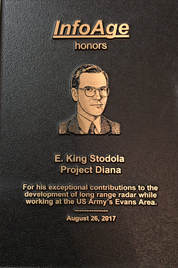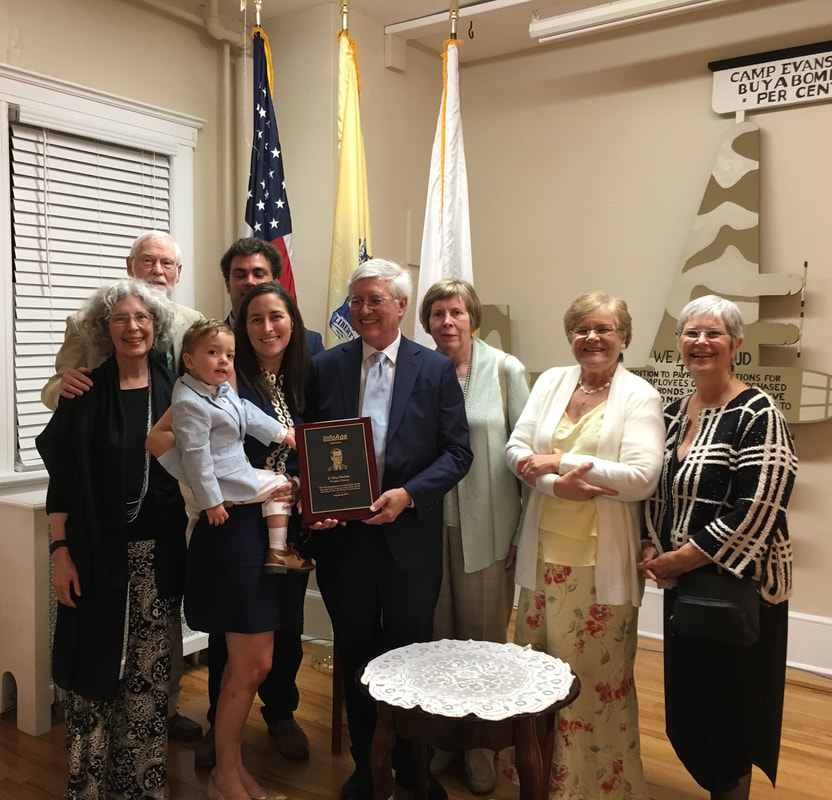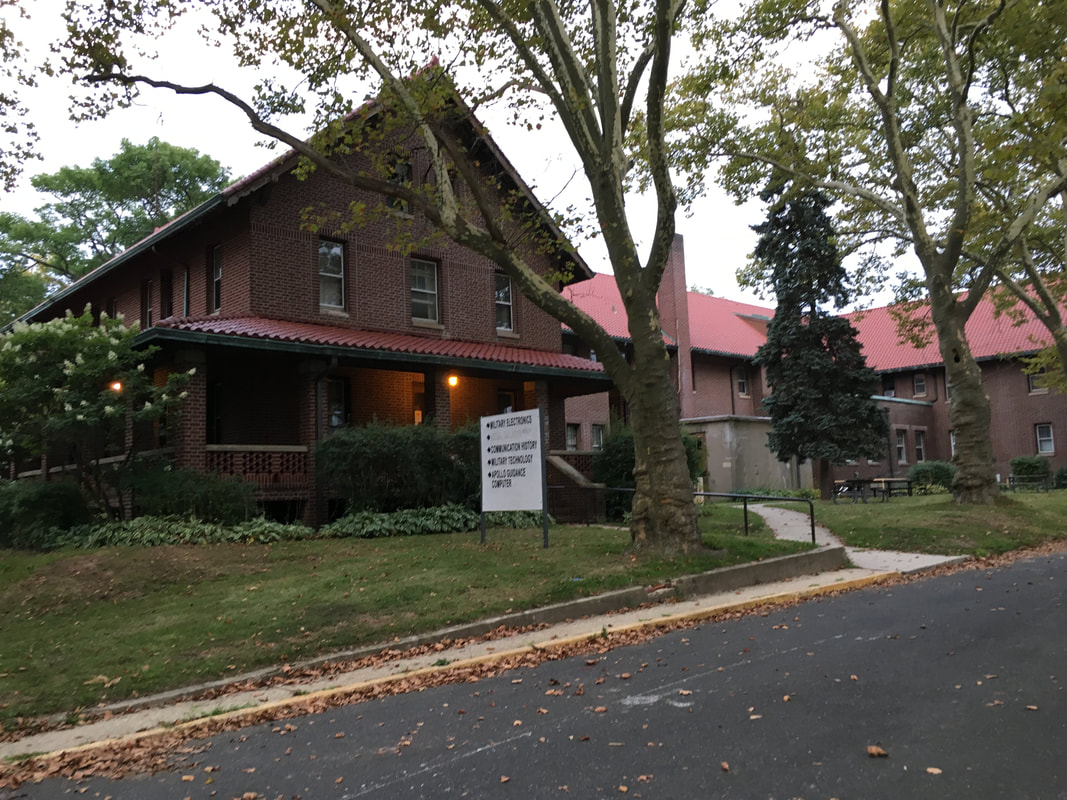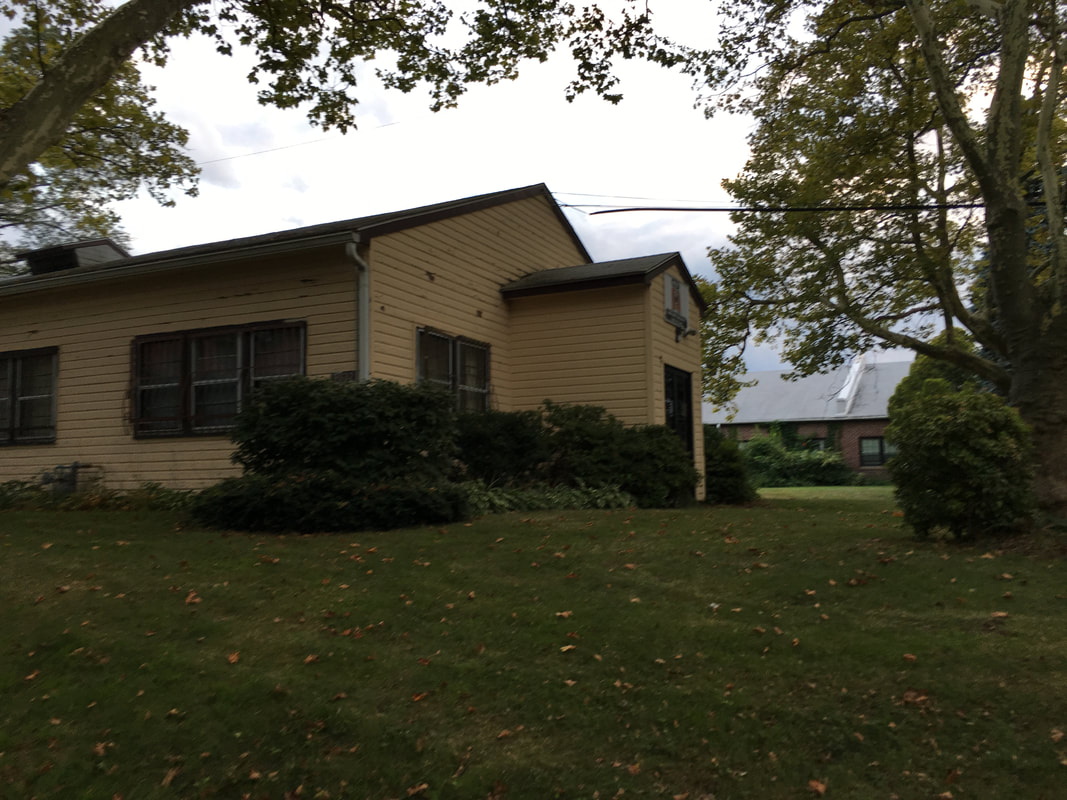
Although my father never wavered in his gratitude to the Army, the gray-out of Project Diana, which he regarded as the signal scientific achievement of his life, always rankled. As he observed with just a faint hint of pique, “If we had been less vigorous, Dr. Zoltan Bay and his colleagues in Hungary would have been ‘First’ about a month later.” He spent his last few years lobbying first for a full-scale forty-year commemoration and then, when that failed to materialize, for an even more lavish celebration of the fifty-year anniversary. Had he lived he would have seen his optimism dashed once again.
Now, after more than seventy years, the tide has turned, along with a growing realization that this story belongs not just to the Army but to the world. It has great visuals and a compelling narrative. Moreover, history has caught up with this achievement, and many of the preposterous predictions that once made the Army brass cringe have actually come to pass. (See my essay “In Celebration of Diana Day,” posted to this blog on January 10, 2017.) Cell phones and global positioning systems have highlighted the importance of satellite communications. The popularity of Earth-Moon-Earth communication has increased recognition of Project Diana as the locus classicus for this technology. NASA, with its genius for popularizing space age technology and its general focus on peaceful applications of space exploration, has now become an important resource for information on Project Diana. Neil DeGrasse Tyson featured a contemporary newsreel clip in Episode 11 of Cosmos.
Now, here we were inside - dining, sipping wine, and accepting accolades for his achievements.
All the credit for this unlikely scenario, and at least some of the credit for the current revival of interest in Project Diana, goes to the InfoAge Science History Learning Center and its tireless efforts to preserve the long and checkered past of the Camp Evans site. Just how unlikely? In 1993, with the end of the Cold War, the Department of Defense had decided to close many of its military bases, and Camp Evans was on the hit list. But for the remarkable vision of one man, a local history buff and preservationist named Fred Carl, the entire Camp Evans campus with all its rich heritage would have been bulldozed into oblivion. So - very unlikely indeed.
I was originally planning to recount the InfoAge story here but the more I wrote, the more I realized I had veered into a different narrative, one with a different hero, one worthy of consideration in its own right. Accordingly, I will turn my attention to InfoAge in a future post.




 RSS Feed
RSS Feed